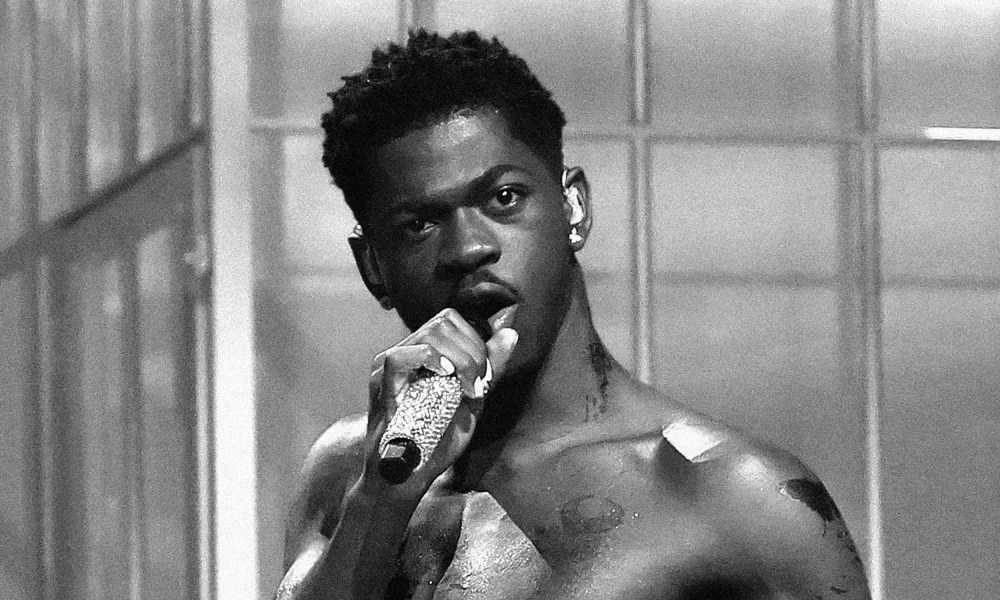Lil Nas X isn’t supposed to exist. At least that’s what I once believed about boys like us who aren’t just Black or gay or Black and gay, but both of those things unapologetically. And, yet, here he is releasing a debut album on Friday that has the potential to be the biggest album of the year.
Lil Nas X isn’t supposed to exist. At least that’s what I once believed about boys like us.
Since 2019, the 22-year-old musician has seen his star rise at an astronomical rate. “Old Town Road,” his debut earworm of a song was released on TikTok, eventually remixed by Billy Ray Cyrus and then sat on the charts so long that it dethroned pop icon Mariah Carey.
In 2020 he became the first openly gay rapper to be nominated in top categories at the Grammys. Then he made history again when he kissed a male back-up dancer at the 2021 BET awards.
With Friday’s release of his highly anticipated debut album “Montero,” we will see if Montero Lamar Hill can become the biggest pop star in the world as the unapologetic Black gay man I once thought couldn’t exist.
So, has the moment arrived? Can Black queer men finally be free?
Historically, being a Black queer person has meant knowing your life is never understood — maybe not even by yourself. Because you rarely see yourself in popular culture and when you do, you’re typically a punchline or a flat stereotype.
We only have a few portrayals of Black queerness that aren’t stereotypical, such as “Moonlight,” the 2017 Oscar winner for best picture; the groundbreaking FX show “Pose” which, sadly, has wrapped its final season; and, of course, Michael K. Williams, who on HBO’s “The Wire” and “Lovecraft Country” portrayed Black queer men like me in all our complicated glory.
Williams’ untimely death this month is a sad reminder of how little representation there is because there aren’t a lot of other Williamses out there to portray us as people and not stock characters.

As groundbreaking transgender actress LaVerne Cox once noted, there aren’t many possibility models out there and especially not for how a Black queer person can exist within the world of music, especially rap and country where Lil Nas X found fame. That’s why his album’s release and anticipated success are so consequential.
To be a successful male in the music industry has generally required presenting a women-objectifying heterosexuality. But Lil Nas X has radically flipped that expectation on its head.
“Old Town Road” was a Trojan horse for what Lil Nas X did next. He released music and videos for “Call Me By Your Name” and “Industry Baby,” which prompted accusations that he is “too” gay and prompted critics to ask him to tone it down.
In “Call Me By Your Name,” he reimagined the biblical stories that have been used against bodies like ours in the churches we grew up in. His reimagining shows a Black queer man not letting misreadings of texts destroy him.
In “Call Me By Your Name,” he reimagined the biblical stories that have been used against bodies like ours.
Rappers have often made jokes about sexual violence in prisons or characterized queerness as punishment in these spaces, but in “Industry Bay,” he instead used his body and sexuality within a prison context to demonstrate that bodies like his are desired consensually.
When he performed “Industry Baby” at Sunday’s MTV Video Music Awards, he had a dancer wear an HIV/AIDS message. The message pointed out that the homophobia that rapper DaBaby recently perpetuated (and faced immense backlash for) is only killing bodies like ours.












